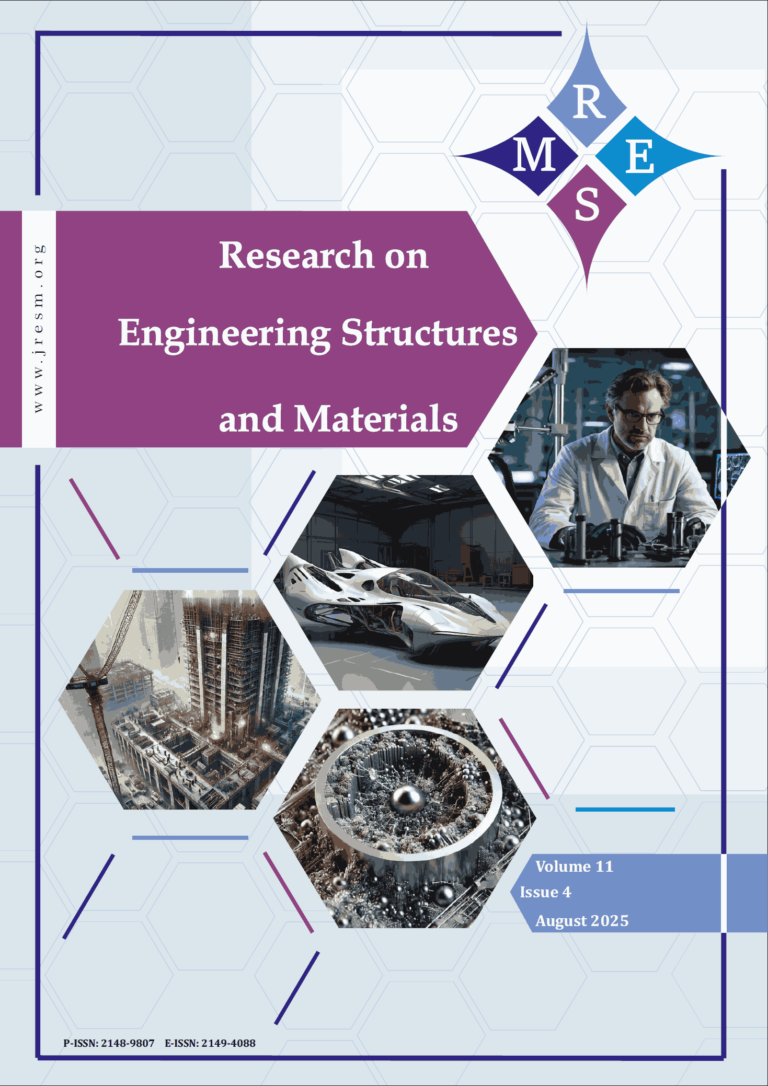Lightweight SCC with coal bottom ash: Investigating fresh, mechanical, and thermal properties through multifunctional integration
Coal bottom ash (CBA), a byproduct of coal-fired power plants, presents a sustainable alternative to natural aggregates in self-compacting concrete (SCC), supporting eco-friendly construction and waste management. This study developed lightweight, thermally insulating SCC (LWSCC) with densities below 2000 kg/m³, incorporating CBA as a full replacement for coarse aggregates and a partial cement substitute (10%–30%). Results showed that CBA as a saturated coarse aggregate improved workability, increasing slump flow from 727 mm to 800 mm. While CBA powder slightly reduced workability by 5.6%, all mixtures met the SCC standards set by the French Association of Civil Engineering (AFGC). LWSCC mixtures with CBA achieved 90-day compressive strengths of 38–56 MPa. Notably, mixes with 10% CBA powder as a cement replacement exhibited strengths comparable to the reference SCC. The dry density of CBA-based mixtures decreased by up to 15%, remaining within the range for structural lightweight concrete (<2000 kg/m³). Due to CBA’s porous structure, ultrasonic pulse velocity (UPV) decreased by 35%, and water absorption increased by 80% at 30% CBA powder replacement. Additionally, LWSCC with CBA demonstrated enhanced thermal insulation, with thermal conductivity reduced by 52% compared to the reference concrete. Microstructural analysis revealed higher pore volumes and a modest increase in calcium silicate hydrate (C-S-H) gel formation with CBA use. These findings highlight CBA’s potential as a sustainable material for lightweight, thermally efficient SCC, balancing structural performance and environmental benefits.
